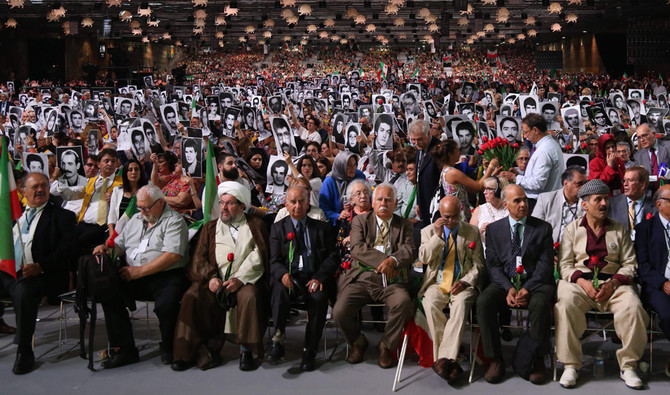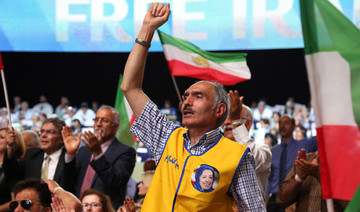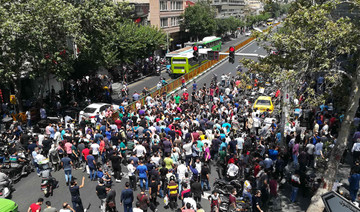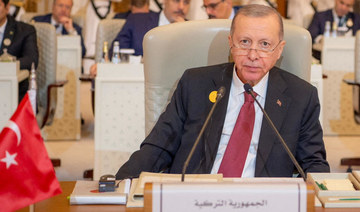An Iranian diplomat accused of plotting to blow up a rally in Paris demanding regime change in Tehran is to be stripped of his diplomatic immunity from prosecution.
Assadollah A, 46, who works at the Iranian Embassy in Vienna, was arrested in Germany. He is a contact of a married couple intercepted by Belgian police on Saturday with 500 grams of the homemade explosive TATP and a detonation device in their car.
Three other people were arrested in France in connection with the bomb plot. Two have been released.
“The Iranian diplomat will be denied diplomatic status within 48 hours because of the existence of a European arrest warrant,” Austria’s Foreign Ministry said on Tuesday.
The plotters are accused of planning an explosion at a rally in Paris on Saturday of the National Council of Resistance of Iran, an umbrella organization of opposition groups in exile.
About 25,000 people attended the rally, including US, European and Middle East politicians.
“Again this shows that the Iranian regime will resort to acts of terrorism to achieve its revolutionary objectives,” said the Harvard scholar and Iranian affairs expert Dr. Majid Rafizadeh, who was also at the rally.
“It is also a warning message to governments around the world that Tehran not only has spies and agents in foreign countries, but uses its embassies and diplomats as coordinators for terrorist acts.
“What if Iran’s terrorist plot had gone through? How many innocent lives would have been lost? Wasn’t this a blatant act of terrorism and war by the Iranian regime? It should be held accountable immediately.”



























